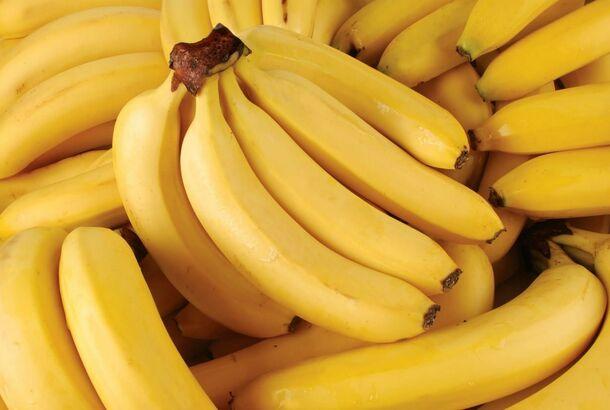Bananas are in danger of extinction due to climate change

The climate crisis poses a real threat to the future of bananas, the most popular fruit in the world. According to Christian Aid’s report, Banana Madness: How Climate Change Threatens the World’s Favorite Fruit, nearly 66% of land in Latin America and the Caribbean could become unsuitable for growing bananas by 2080. informs The Guardian.
Rising temperatures, extreme weather events and new pests arising from climate change are already reducing yields in key producing countries, including Guatemala, Costa Rica and Colombia. This results in losses for rural communities that depend on banana cultivation as their main source of income.
Bananas are not only the most popular fruit in the world, but also one of the main food crops, second only to wheat, rice and corn. About 80% of the crop is consumed locally, and more than 400 million people in the world get between 15 and 27% of their daily caloric intake from bananas.
The bulk of exports — approximately 80% — come from Latin America and the Caribbean, which is also one of the most vulnerable to climate change. Despite this, banana-growing communities themselves have little effect on global warming.
“Climate change is destroying our crops. It means there is no income because there is nothing to sell. My plantation is just dying. It’s just dying.” – explained Aurelia Pop Shaw, a 53-year-old banana farmer from Guatemala.
The Cavendish variety, which accounts for the majority of world exports due to its yield and hardiness, is very sensitive to climate change. It needs temperatures between 15°C and 35°C, moderate moisture and stable conditions. Hurricanes and storms damage leaves, making photosynthesis difficult.
The lack of genetic diversity makes the Cavendish vulnerable to disease. Fungal infections, particularly black spot, can reduce photosynthesis by 80% and thrive in humid climates. Changes in the rainfall regime contribute to the spread of tropical fusarium disease race 4, which can destroy the entire plantation.
Christian Aid is calling on the biggest polluting countries to divest from fossil fuels and fulfill their pledges to support affected regions.
“Bananas are not only the world’s favorite fruit, but also an important product for millions of people. We must recognize the danger that climate change poses to this crop.” – emphasized Osai Ojigo, policy director of Christian Aid.





